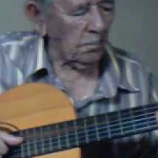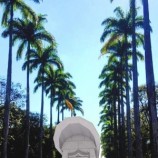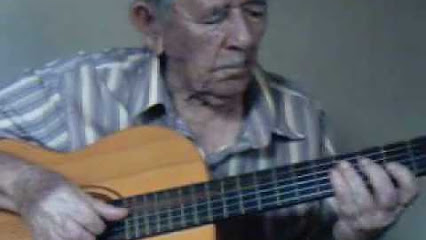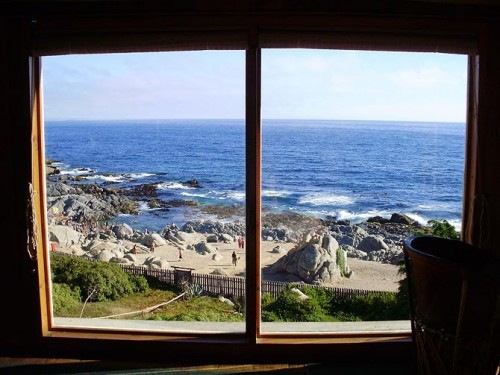Of all the popular types I came across in my childhood, there was this one who is more strongly etched into my memory. I don’t know why, but these types always left a really strong impression on me.
During the days of the festival, they would all meet up at the front door of the church. They caught my eye right away, one by one amongst the crowd. My older brother by two years nudged me with his elbow and said, “Look, the man with only one leg.” Bitu rode around in a wooden cart, similar to the carts my dad used to make for little boys to play with and carry firewood. Bitu had been a firebug. If you ever wanted to see the happiest living mortal, all you had to do was put a firecracker rocket in his hands. He would set it off and sit there watching it fly up in wonder like a little kid flying a kite.
Butina would go around making eyes at all the men. Every once in a while she’d become infatuated with one and start talking rigmarole. (?) – God knows what! – I couldn’t understand! But there was one who kept on chanting deep in the background of my memory—Crazy Rita Sue. She always participated in the processions. She faced the Saint, then swung her back towards him singing “To plight with who don’t want to fight is suck-er-tash,” meanwhile the faithful chanted “Hollowed be thy name. Blessed, praise be…” I don’t think anyone ever paid any attention to Crazy Rita Sue’s cantillations. In her dementia, she seemed to have forgotten all other songs, jingles, anecdotes, and all other words entirely. In Crazy Rita Sue’s world, there was only one sentence, which she repeated invariably and relentlessly: “To plight with who don’t want to fight is suck-er-tash.”
In my five or six year old mind, that persona and that phrase held a considerably strong impact on me, even though I could not grasp their meaning. Today, an experienced woman, I need no other plights. At this critical moment, a teacher’s plight alone would offer me the exact breadth and profoundness of that phrase uttered by a woman so deprived of her senses. The plight to maintain one’s identity which, gradually, like Crazy Rita Sue’s, fades away. The plight to arouse students’ interest and motivation while everything else is demotivating. The plight for a better educational standard; for global education. We all hold meetings where we vindicate recycling, autonomy, respect, minimal working conditions at least and fair wages. The authorities don’t want to listen. We demand discipline in the schools. Not the discipline that leads to submission, but the discipline that leads to freedom, autonomy, self-sufficiency and self-direction; discipline that welcomes the greatest outspokenness, the most impassioned discussions by the educating, all the while preserving loyalty and confidence in respect to teacher authority, without which there can be no learning, no education. Everyone complains about the innumerous classes, the overcrowded classrooms, lacking space, air and electricity. They don’t want to listen.
At the end of class it’s the extreme fatigue of wasted effort. At the end of every quarter it’s the pressure coming down from the school and its board members. At the end of the year it’s levying from the parents. At the end of the course it’s society levying, criticism, shame, humiliation.
Oh, Crazy Rita Sue of my childhood, I don’t know what plight could have led you to alienation, but if you were here, I swear you wouldn’t be alone on the days of the festival with your cantilena: “To plight with who don’t want to fight is suck-er-tash,” Other voices would join yours and form a strong chorus. And then, perhaps, you would no longer even be Crazy Rita Sue, because there would be those who understand the lucidity of your words.
Related Articles
















